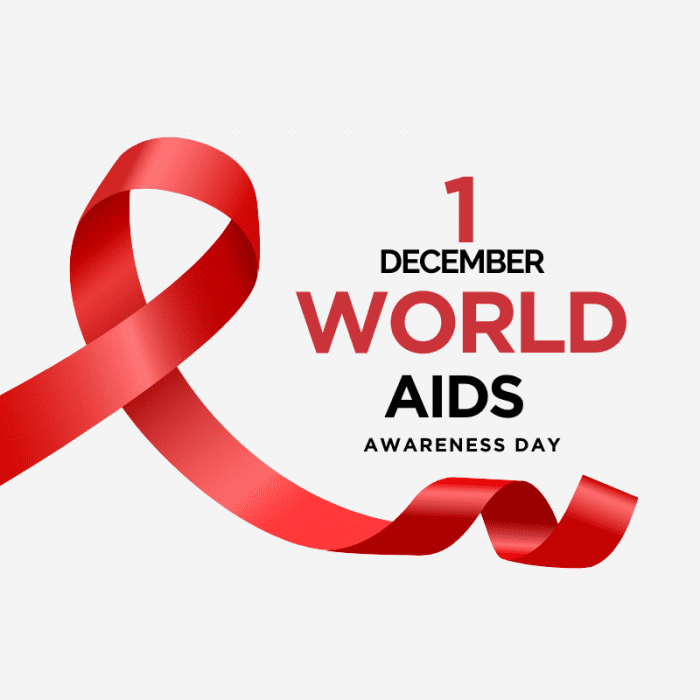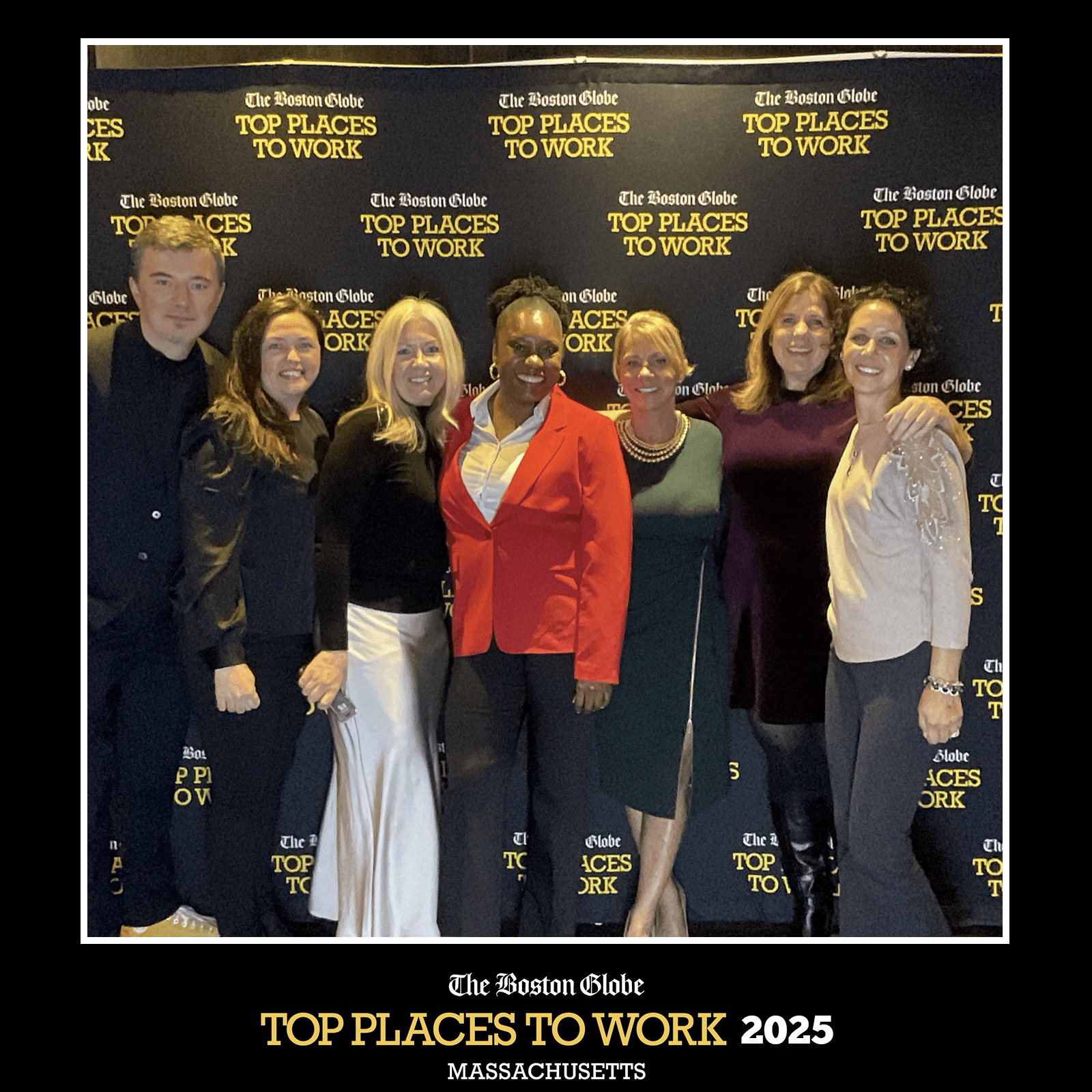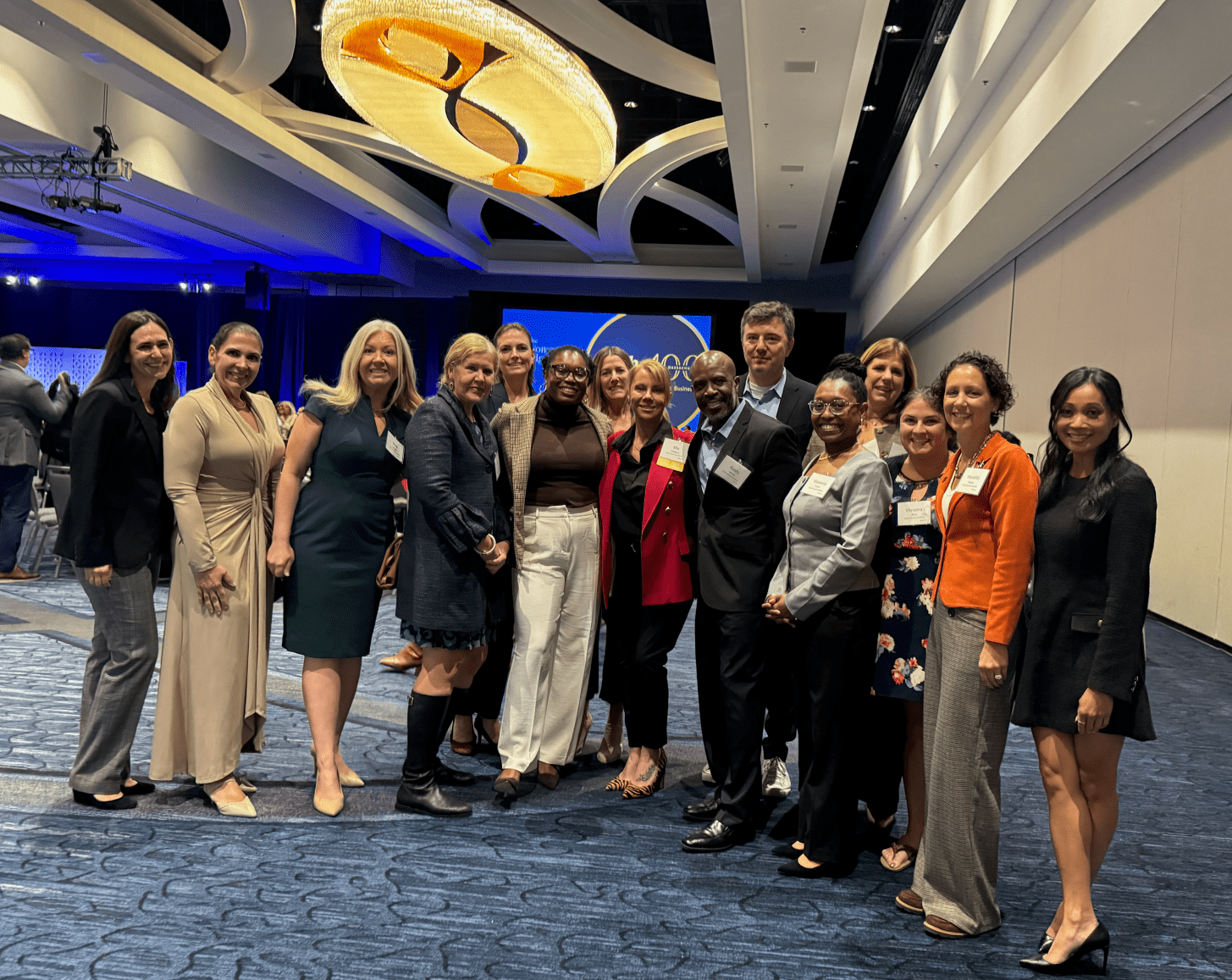In 2015, the daily feeling of fatigue and sickness shattered my denial. My substance use had spiraled out of control. One day, while sleeping on my parents’ sofa, a syringe fell out of my pocket, along with the secrets I had been carrying. I went to get tested for HIV and received a positive diagnosis.
This year’s World AIDS Day them, Ending the HIV Epidemic: Equitable Access, Everyone’s Voices, reflects my personal and professional journey with HIV.
As an Afro-Latinx gay man, I have first-hand experience with inequitable access to treatment. In response to a recent substance use relapse, I returned to treatment. Among 30 Latinx high-risk men, I was the only person who knew about Pre-exposure Prophylaxis or PrEP, the daily medication that has been proven to reduce transmission by more than 90%.
None of the others knew about PrEP, had discussed their sexual health with a healthcare provider, or knew how to access it. PrEP is not a new HIV prevention strategy but, somehow, it has not been readily made available to my peers. There are many contributing factors to the under-prescribing of PrEP among Latinx.a.o.e people.
The Latinx.a.o.e, culture, reinforces shame and stigma associated with HIV. Men who have sex with men are driven to secrecy, lacking family or social support.
The combination of conservative religious beliefs and a machismo attitude prevent open, practical, client-centered conversations between Latinx men and their providers. The connection between trauma, substance use, and sexual risk is often overlooked. The responsibility rests on the patient to assert their needs rather than discussing them in a non-judgmental, trauma-informed way. Ultimately, the convergence of these factors results in Latinx men lacking practical risk-reduction tools like PrEP.
Achieving equitable access requires providers to understand the unique aspects of Latinx.a.o.e culture that keep men like me out of care. Training that reduces provider bias and increases comfort and understanding of risk-taking behaviors must be provided. While in substance use treatment, I observed many of my peers more comfortable disclosing their sexual and substance use risk behaviors to one another rather than to staff.
As a person living with HIV and working in HIV prevention, I have learned that working towards equitable access requires my voice and the voices of others that often go unheard. We must counter shame and stigma with our powerful truths. We must build a community that affirms the identities of all Latinx.a.o.e individuals, regardless of sexual orientation or gender identity. We must demand more from our providers and ensure that our experiences are reflected in the people who are treating us. I am a privileged few who receives medical care that lifts me and honors my identities. My providers do not just hear my voice; they partner with me to amplify my voice. They welcome me to the table as an equal and support my role as an advocate, mentor, and provider in the community.
Between 2016-2018, state data indicates that Black individuals were seven times more likely to contract HIV and Latinx.a.o.e individuals were four times more likely to contract HIV than their white counterparts. During that same time period, 35% of new infections occurred among people born outside the United States.
In Massachusetts, new infections have been reduced to approximately 500 per year. We have more tools than ever to fight HIV, yet new infections are not being reduced at a proportional rate. Scientific advances have brought a possible end to HIV into focus. This possibility will extend far out on the horizon if we do not lift the most marginalized voices to ensure equitable access.
Raymond Josue Rodriguez
Health Navigator
Justice Resource Institute











